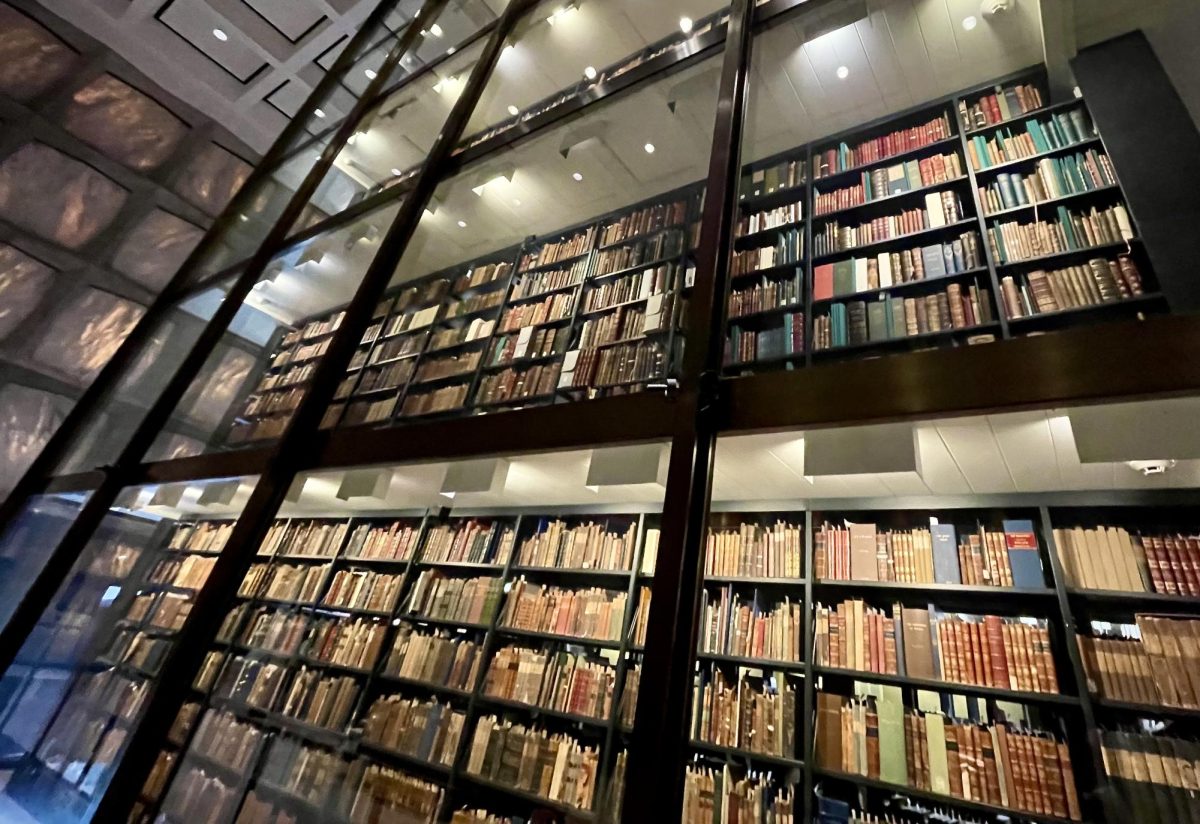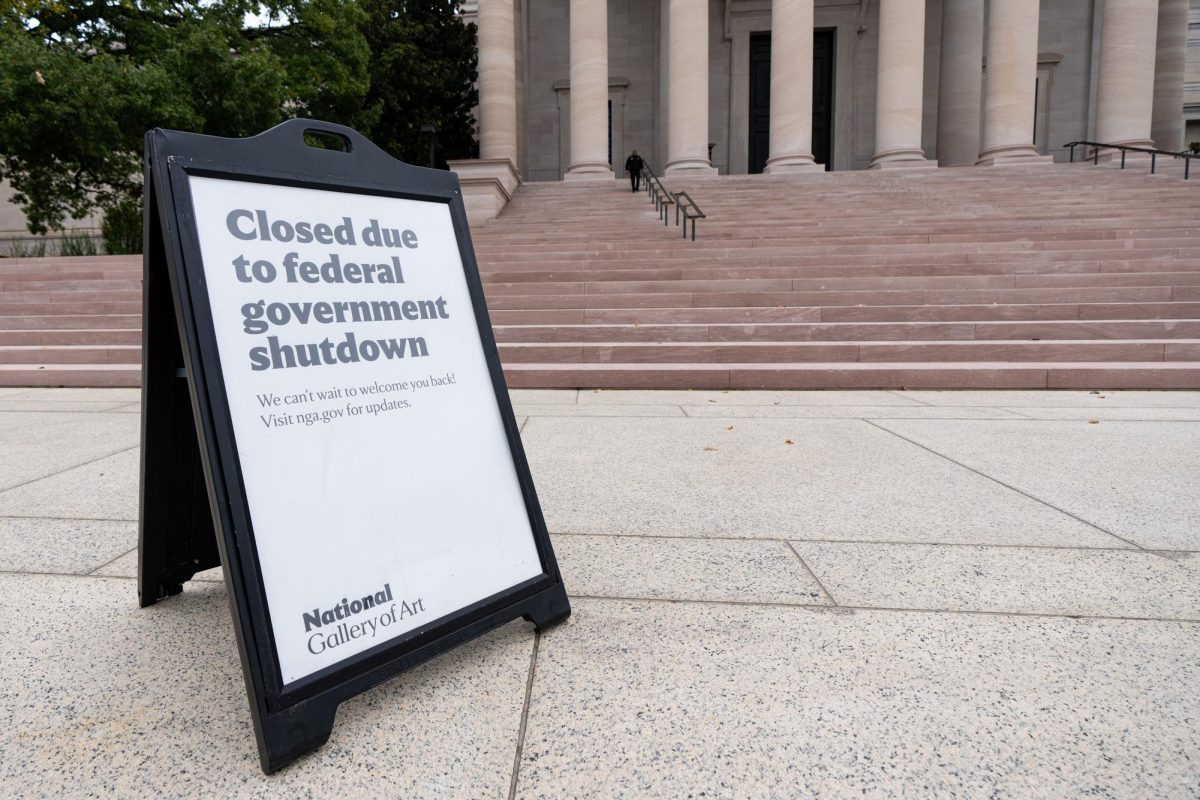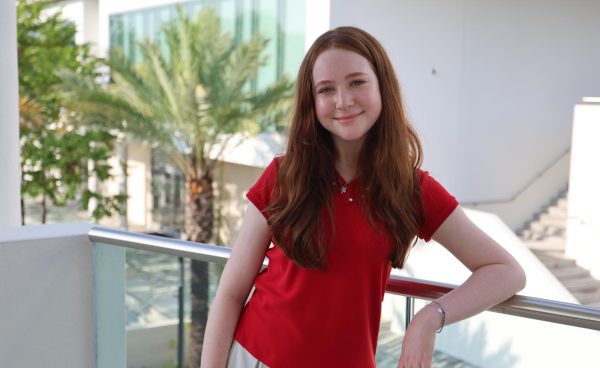To Rory Gilmore, the literary heroine of the 2000 dramedy ŌĆ£Gilmore Girls,ŌĆØ nothing smells better than old books. But what if reading works of┬Ā ŌĆ£literary meritŌĆØ were an imposed obligation rather than an escape? Even Rory, the poster child for bookish enthusiasm, might find the magic fading if forced into rigid reading lists.
Research indicates that compelling adolescents to read particular books reduces their reading pleasure. A study in the Journal of Research on Libraries and Young Adults found that only one-third of teenagers (ages 12 to 18) were given the freedom to select their texts for school assignmentsŌĆöa staggeringly low proportion. Unsurprisingly, students who had a say in their books derived far more fulfillment.┬Ā
This should alarm schools whose goal is to cultivate lifelong bookworms. Instead, stringent curricula often drain students of the joy of reading before they can develop personal taste.┬Ā
Further compounding the issue is literary elitism, a fire stoked by platforms like TikTokŌĆÖs BookTok community where members discuss and review books. Though social media aims to foster connection and entertainment, users often praise those who read dense, complex literature while looking down on those who read for fun.
This destructive pattern fuels the well-documented human tendency to make downward comparisons by viewing others as inferior and, conversely, to make upward comparisons that lower self-esteem by measuring oneself against a perceived ideal. Social media only magnifies these dynamics.┬Ā
Furthermore, self-scrutiny discourages reading altogether. If teenagers feel their books arenŌĆÖt ŌĆ£good enough,ŌĆØ they may abandon the pastime entirely, feeding the very illiteracy epidemic BookTok claims to combat.┬Ā┬Ā
And the stakes extend far beyond gratification. A love for reading likely influenced the 72% of U.S. adults who demonstrate at least moderate reading proficiency, with studies showing that students are an eye-popping 13 times more likely to read above grade level if they read daily outside of school.┬Ā
Encouraging genuine enjoyment isnŌĆÖt just a bonusŌĆöitŌĆÖs essential to academic excellence and even lifelong literacy, which is exponentially declining. In just six years, U.S. adult illiteracy rose from 19% (2017) to 28% (2023). That means over a quarter of the population struggles with reading at a basic level.┬Ā
┬ĀŌĆ£It [the 2017 to 2023 gap] is larger than what we would normally see in an international assessment, particularly literacy, which is a fairly stable construct,ŌĆØ National Center for Education Statistics Commissioner Peggy Carr said in a news conference.
The question is no longer what people are reading, but whether they are reading at all. If educators fail to incentivize reading through choice and passion, the illiteracy trend will only worsen. A nation that stops reading is a nation that stops thinkingŌĆöand thatŌĆÖs an emergency far beyond the classroom.
Pretension doesnŌĆÖt just harm individuals; it fuels a much broader crisis: censorship. Thought policing isnŌĆÖt limited to book bansŌĆöit also occurs when people restrict their reading lists to books they deem ŌĆ£intellectual enough.ŌĆØ The assumption that only literature like ŌĆ£The Great GatsbyŌĆØ and ŌĆ£War and PeaceŌĆØ is worth reading creates an academic blockade, excluding diverse voices, fresh perspectives, and stories that genuinely resonate with them. This also reinforces confirmation biasŌĆöreaders absorb the same predominantly white, male-written ŌĆ£classicsŌĆØ while dismissing contemporary works as frivolous. When reading becomes a status symbol, it loses its most essential function: broadening worldviews.┬Ā
Beyond widening horizons, reading is a proven refuge from stress. A University of Sussex study found that reading for just six minutes alleviates stress by up to 68%, faster and more effectively than taking a walk or listening to music. In an era of social media saturation and hustle culture, readingŌĆÖs outperformance of any other anxiety-relieving outlet renders it essential to societyŌĆÖs stability. If reading is a mental sanctuary, who is anyone to dictate whether someone elseŌĆÖs escapeŌĆöwhether romance novels, thrillers, fantasy, or traditional literatureŌĆöis ŌĆ£worthyŌĆØ?
ŌĆ£I love the way that each bookŌĆöany bookŌĆöis its own journey. You open it, and off you goŌĆ”ŌĆØ childrenŌĆÖs novel author Sharon Creech said.
And thatŌĆÖs what reading should be: an adventure, not academic clout. While nothing may smell better than old books, nothing fuels a society like a love of readingŌĆöfree, uncensored, and unpretentious.┬Ā
Read what you love. And love that you read.








